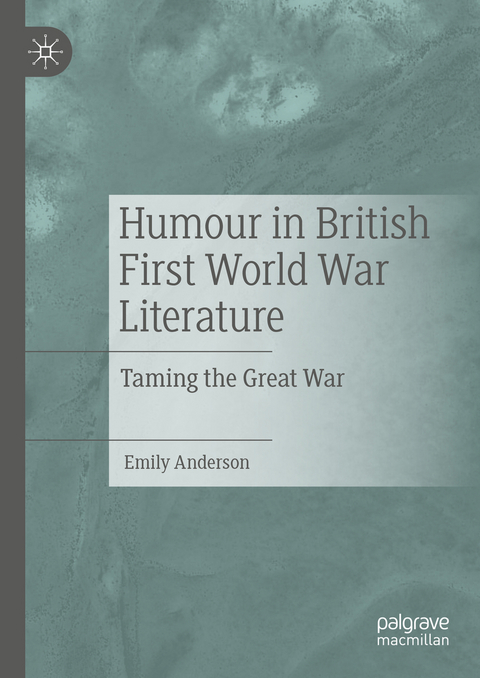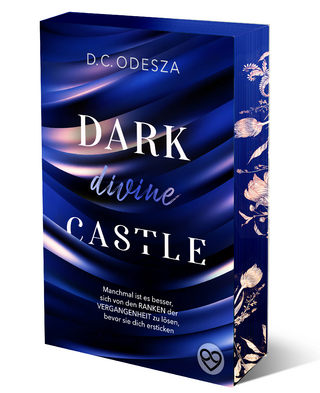
Humour in British First World War Literature
Springer International Publishing (Verlag)
978-3-031-34050-5 (ISBN)
lt;b>Emily Anderson is Associate Lecturer in the School of English Literature, Language and Linguistics at Newcastle University, UK. Her research interests are in humour and whimsy in British literature, focusing on the late nineteenth and early twentieth centuries.
1. Introduction: '[A]s in most war fiction, humour predominates'.- 2. Humour and Britishness During the Great War: 'If a man brings us a joke, we require to be satisfied of its durability'.- 3. The Domestication of Death: 'There are lots of jokes'.- 4. Class and Social Structure: 'It is not taken seriously'.- 5. War and the Depiction of Gender: 'Let us hope for the best and assume that he is dead'.- 6. The War and the Domestic Sphere: 'That perpetual sense of the ridiculous'.- 7. Parody and Pop Culture in Trench Newspapers: 'Let's whistle ragtime ditties while we're bashing out Hun brains'.- 8. Short Fiction and Service-Author Heroes: 'You can't expect glory and accuracy for a half-penny'.- 9. Conclusion.
| Erscheinungsdatum | 13.09.2023 |
|---|---|
| Zusatzinfo | IX, 235 p. 3 illus. |
| Verlagsort | Cham |
| Sprache | englisch |
| Maße | 148 x 210 mm |
| Gewicht | 423 g |
| Themenwelt | Literatur ► Lyrik / Dramatik ► Dramatik / Theater |
| Geisteswissenschaften ► Sprach- / Literaturwissenschaft ► Literaturwissenschaft | |
| Sozialwissenschaften | |
| Schlagworte | affect theory • British and Irish Literature • Cartoons • Emotions • gender roles • Great Britain • Humour • Limericks • Literature and Class • minor literature • nonsense rhymes • Periodicals • Short Story • Trauma • trench newspapers • World War I |
| ISBN-10 | 3-031-34050-7 / 3031340507 |
| ISBN-13 | 978-3-031-34050-5 / 9783031340505 |
| Zustand | Neuware |
| Haben Sie eine Frage zum Produkt? |
aus dem Bereich


